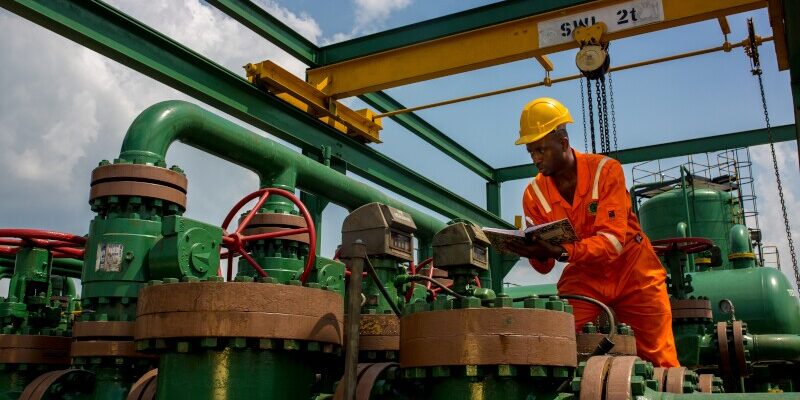Nigeria’s newly launched naira-for-crude initiative is now in effect, allowing crude oil to be sold to the Dangote refinery and other refineries in naira.
In return, the Dangote refinery will supply petrol (PMS) and diesel of equivalent value to the domestic market, also priced in naira.
The Minister of Finance, Wale Edun, confirmed the policy’s launch in a statement on Saturday, October 5, 2024. He highlighted that this initiative marks a significant step toward stabilizing the economy and fostering economic growth.
According to Edun, the sale of crude in naira, initially approved by the Federal Executive Council (FEC) in July, officially commenced on October 1, 2024.
Edun noted that key stakeholders supported the policy following a post-commencement review by the implementation committee, which he chaired. The committee was tasked with evaluating the Crude Oil and Refined Products Sales in Naira strategy.
“The bold step taken by President Bola Ahmed Tinubu’s administration is expected to leave a lasting impact on Nigeria’s economy by promoting growth, stability, and self-sufficiency, especially as the country navigates global market challenges. This strategic move positions Nigeria for long-term success,” Edun’s statement read.
The stakeholder meeting, which included the Minister of State for Petroleum, Heineken Lokpobiri, Dangote Group Vice President Edwin Devakumar, and NNPC Group Chief Executive Officer Mele Kyari, affirmed the commitment of all parties involved.
The head of the Federal Inland Revenue Service (FIRS), who also chairs the implementation committee, explained, “Diesel will be sold in naira by the Dangote refinery to any interested buyers.
Petrol will be exclusively sold to NNPC, which will then distribute it to various marketers. All regulatory costs, including those from the Nigerian Ports Authority (NPA) and Nigerian Maritime Administration and Safety Agency (NIMASA), will also be paid in naira.”
Economic experts believe the naira-for-crude initiative, if successfully implemented, will reduce pressure on the naira, lower transaction costs, and improve the availability of petroleum products nationwide.
![]()




